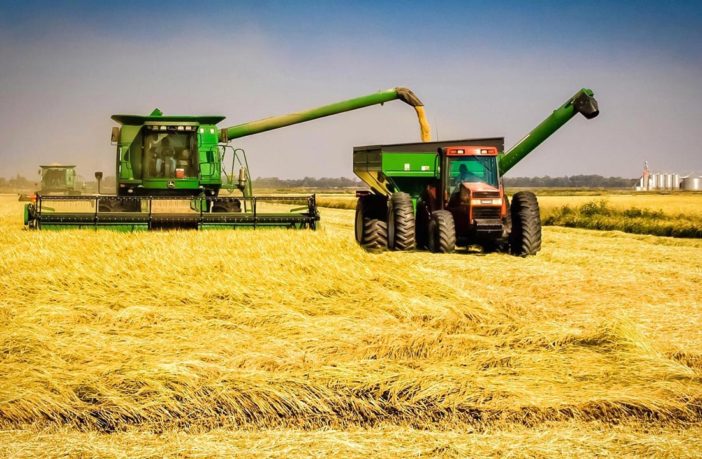The Director-General of the Food and Agriculture Organisation (FAO), QU Dongyu has warned that severe underfunding of the agri-food sector is preventing Africa from reaching its potential.
Dongyu gave the warning at the launch of FAO’s latest report“Public Expenditure on Food and Agriculture in sub-Saharan Africa’’ at FAO headquarters in Rome on Monday.
The director-general said that the report was based on rigorous analysis over the last 15 years, adding that it was possible due to strong collaboration with the Members in the region.
According to him, underfunding of Africa’s agri-food sector has boosted food insecurity and has hampered the future development of countries across the continent.
“Let’s unblock the bottlenecks that are holding back potential by increasing coordination and upskilling human capacity in African nations.’’
He said that funds should also be unlocked and public finance systems streamlined “so that the scarce resources we have do not go unspent”.
The FAO chief explained that the report brought to light a gap between long-standing political commitments and the financial realities facing 13 sub-Saharan countries.
In spite of meetings of the African Union (AU) Member States, beginning in 2003, where they vowed to fuel social and economic growth by pledging 10 per cent of their national budgets to food and agriculture, this undertaking remains unfulfilled.
A survey of the Monitoring and Analysing Food and Agricultural Policies (MAFAP) programme, an FAO initiative that tracks public expenditure in Africa, revealed that only Malawi has consistently met that target.
In some years, Mali has also achieved it, but Benin, Burkina Faso, Burundi, Ethiopia, Ghana, Kenya, Mozambique, Rwanda, Senegal, Tanzania and Uganda, have never succeeded in doing so.
In some cases, food and agriculture hover at only three per cent of national budgets, and on average, little of that is made available for food and agricultural development.
Insufficient implementing capacity has also left a fifth of the funding undisbursed.
According to the report, agriculture is being implicitly penalised.
Marco Sánchez, Deputy Director of FAO’s Agri-food Economics Division, outlined research showing that technical efficiency in agriculture increases dramatically as spending nears 80 dollars per capita.
He said that while it begins to taper off after that, most African countries come nowhere near that amount.
While acknowledging a “narrow fiscal space” to expand public investment in Africa – particularly in the context of the COVID-19 pandemic – he argued that it was possible to generate efficiency gains through better spending.
According to the report, the lion’s share of national expenditure on food and agriculture in Africa subsidises fertiliser, tools and other inputs, which Sánchez said tend to exhibit diminishing returns over time.
At the same time, FAO Chief Economist Máximo Torero, stressed the importance of generating quality data to guide agricultural investment decisions, with the report being a significant step along that path.
He suggested that public investments should be monitored more closely, and their results used to catalyse private investment. (NAN)




